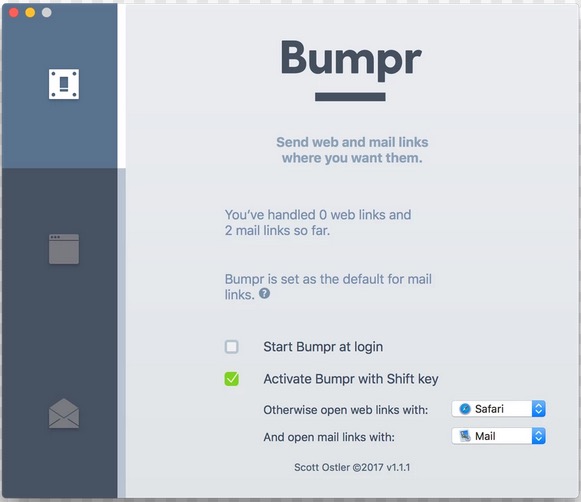


Podcasts, downloads and on-demand streams require a specific grant of rights from the copyright holders of the sound recordings and the musical compositions for each piece of music that is being used. But, if you are interested in these rights, you can see our article that discussed ephemeral rights in a bit more detail, here ). SoundExchange and the PROs have nothing to do with granting this reproduction and distribution right (with the limited exception of ephemeral rights in streaming granted through the SoundExchange royalty – a concept too technical to be discussed here, and one that does not affect this warning. The rights of reproduction and distribution are different from the public performance right, and the permission to make reproductions and distributions are granted by different groups than are the public performance right. Why? A traditional downloaded podcast involves not the right to public performance of music, but instead the right to the reproduction and distribution of that music. Podcasts don’t fit within the SoundExchange limitations, and while there has been some debate about whether the PROs have any licensing role in the podcast world (see this article ), additional rights from music publishers (who usually control the musical composition copyright) are also needed. And SoundExchange only licenses such performances where they are made by a non-interactive service – where the user cannot determine what songs it will hear next (and where the service meets certain other requirements – see our article here for some of those additional requirements). SoundExchange’s royalties also deal with public performance – but it is licensing the public performance of the sound recording – the words and music as recorded by a particular artist.

As we have discussed before in other contexts, a public performance is a transmission of a copyrighted work to multiple people outside your limited friends and family (see our discussions here and here ).
#BUMPR MUSIC PODCAST LICENSE#
They do not license particular recordings of the song.

The PROs license the “ musical work” or “ musical composition” – the lyrics and the notes that make up the song. The rights that a broadcaster or digital music company gets from ASCAP, BMI and SESAC (commonly called the “PROs” or performing rights organizations) deal with the public performance of music. We wrote a warning about this issue a couple of years ago, but as the popularity of podcasts seems to once again on the rise, the warning is worth repeating. One of the biggest reasons for the lack of music in podcasts has to do with rights issues, as the royalties paid to SoundExchange and even to ASCAP, BMI and SESAC don’t apply to traditional podcasts meant to be downloaded onto a digital audio recording device like an iPhone or any other smartphone. In the RAIN presentation, a statement was made that most major podcasts are spoken word, but no explanation of that fact was provided. One statement in that presentation suggested to me today’s topic – the use of music in podcasts. Last week, I listened in to presentation by RAIN News providing an excellent overview of the digital music industry (their Whitepaper setting out the findings reported during the presentation is available here ).


 0 kommentar(er)
0 kommentar(er)
